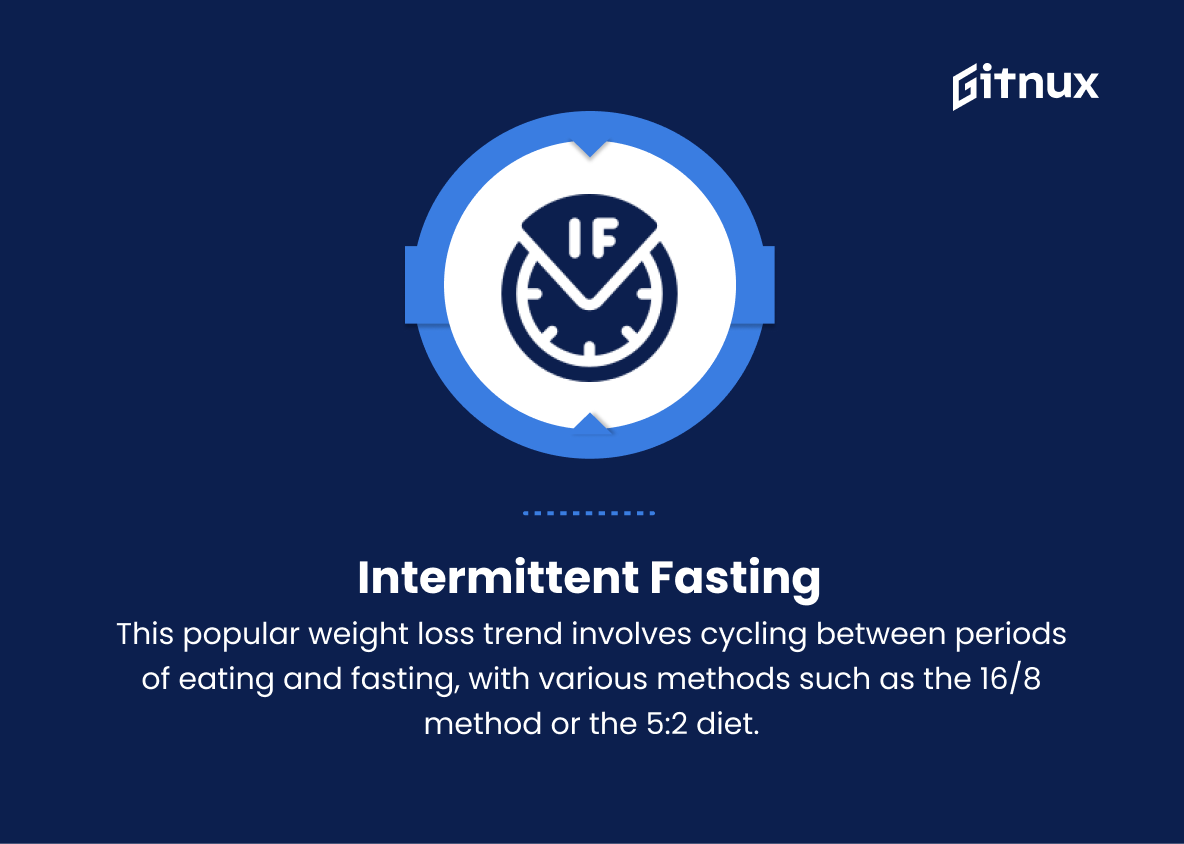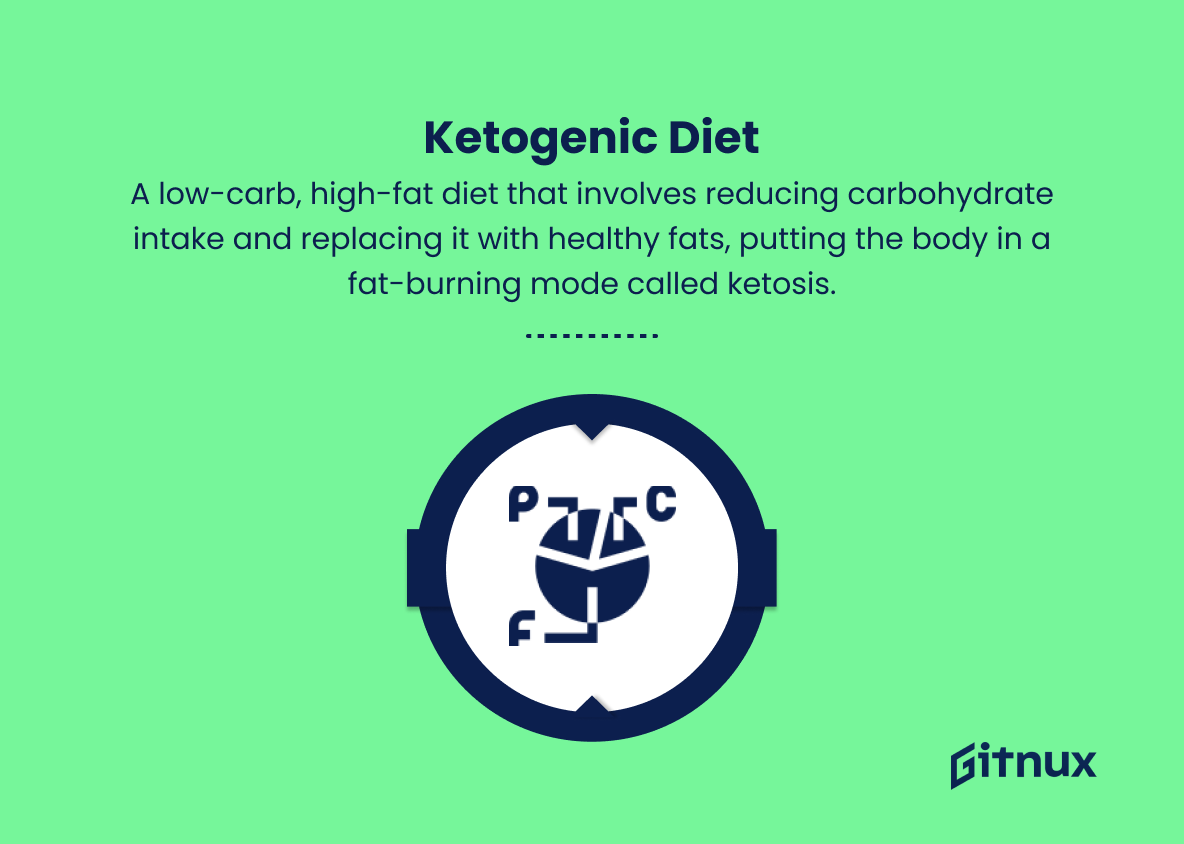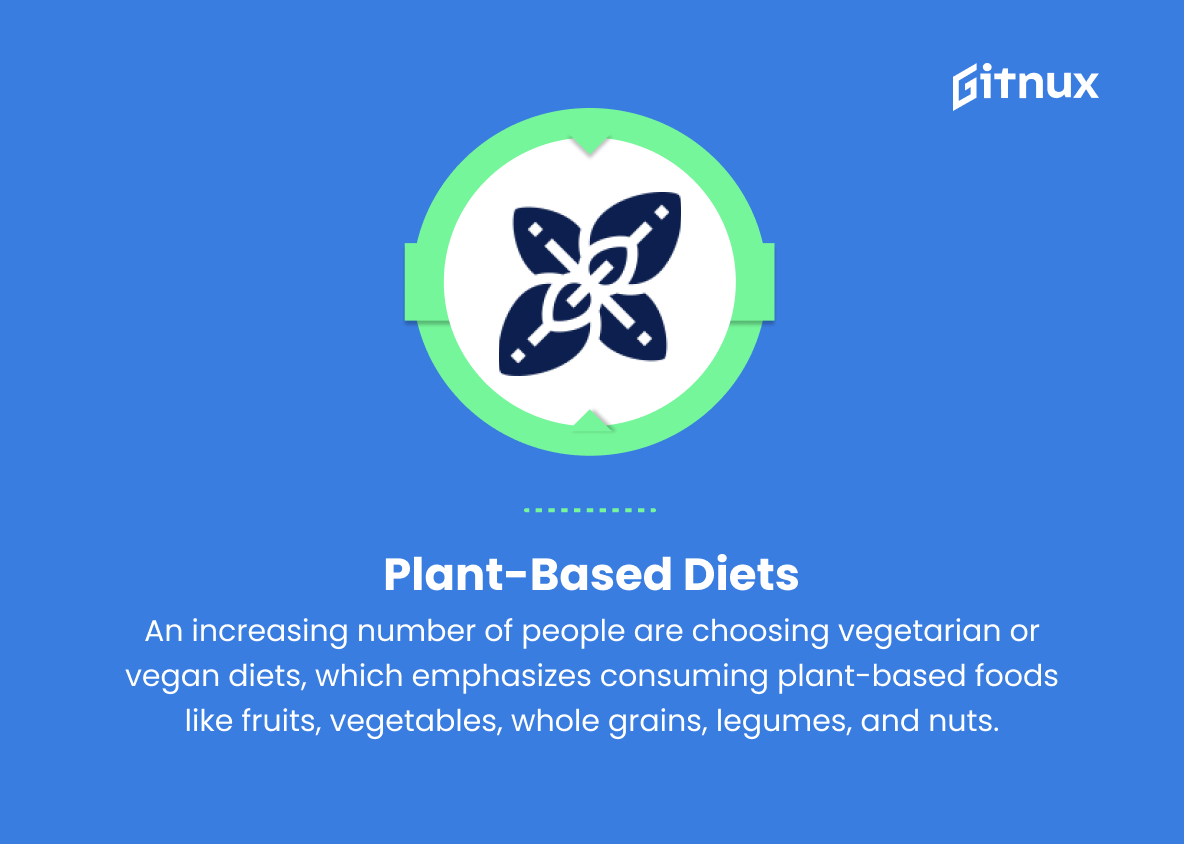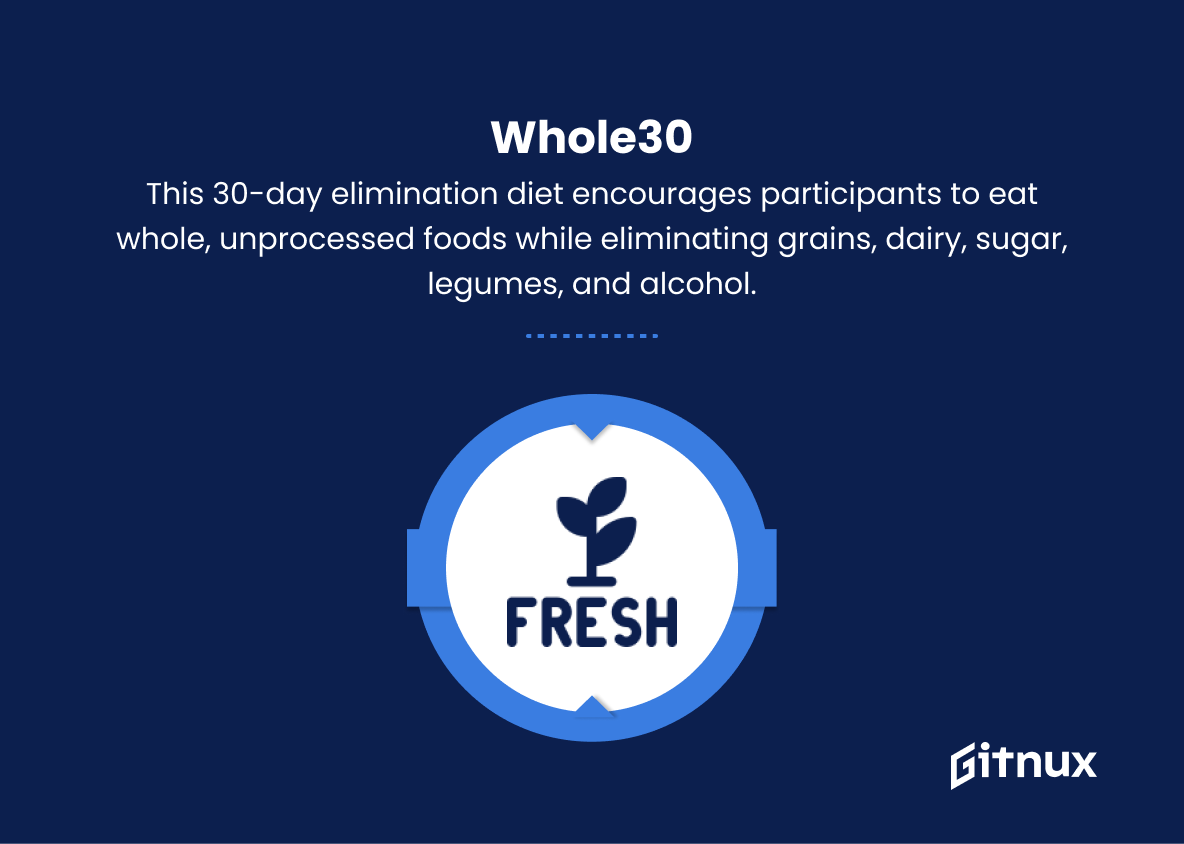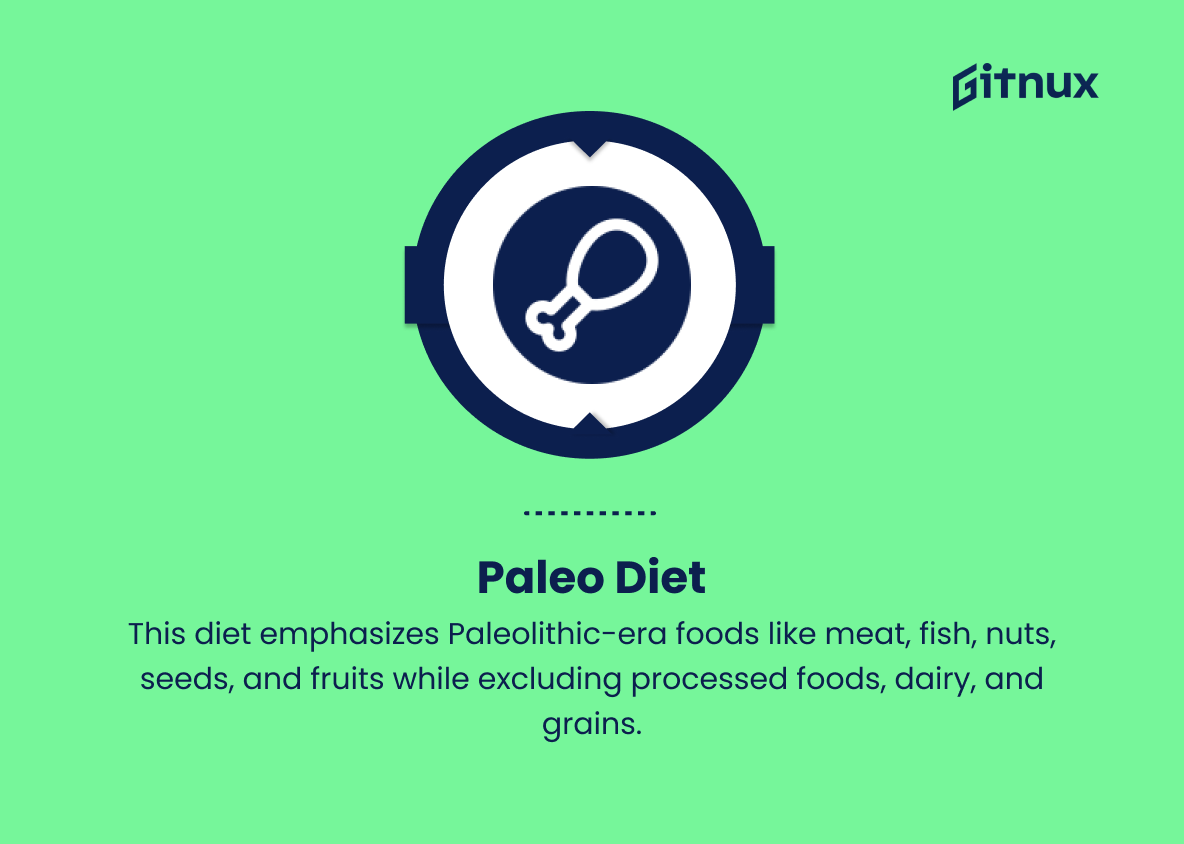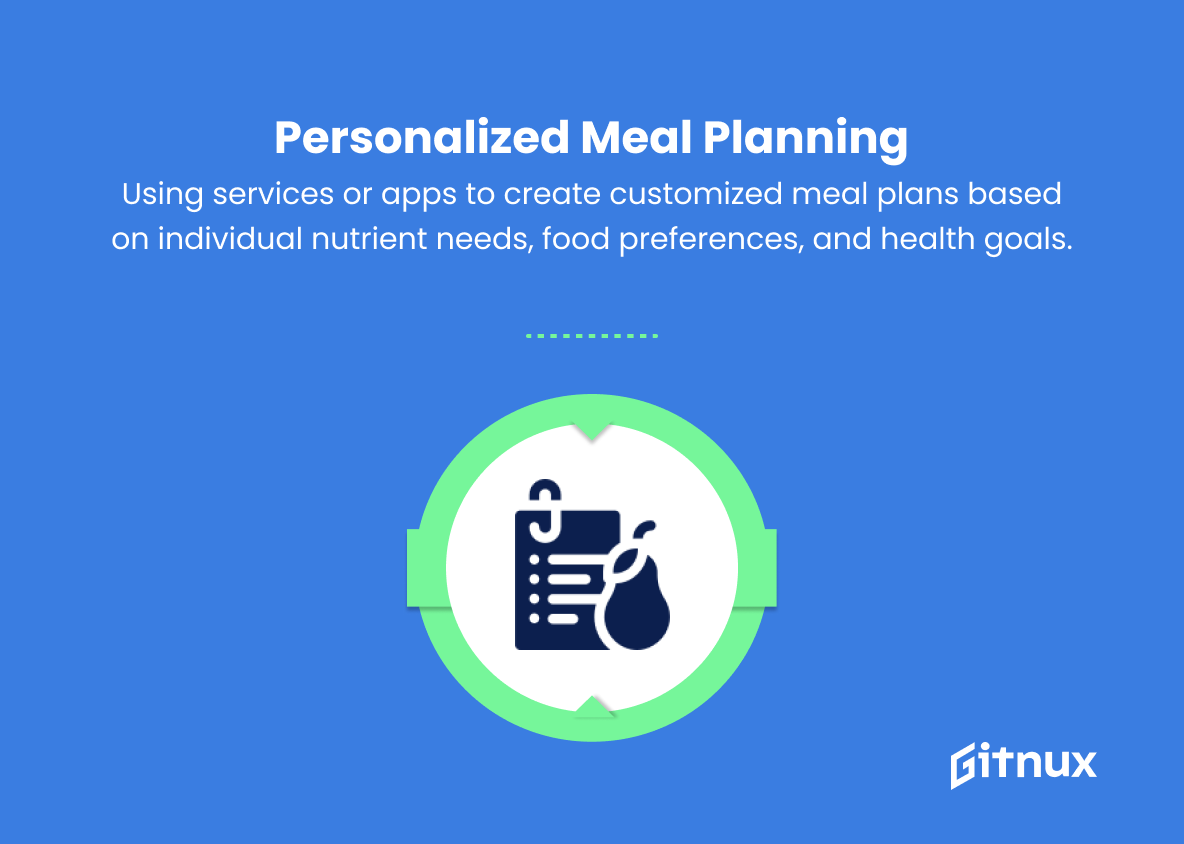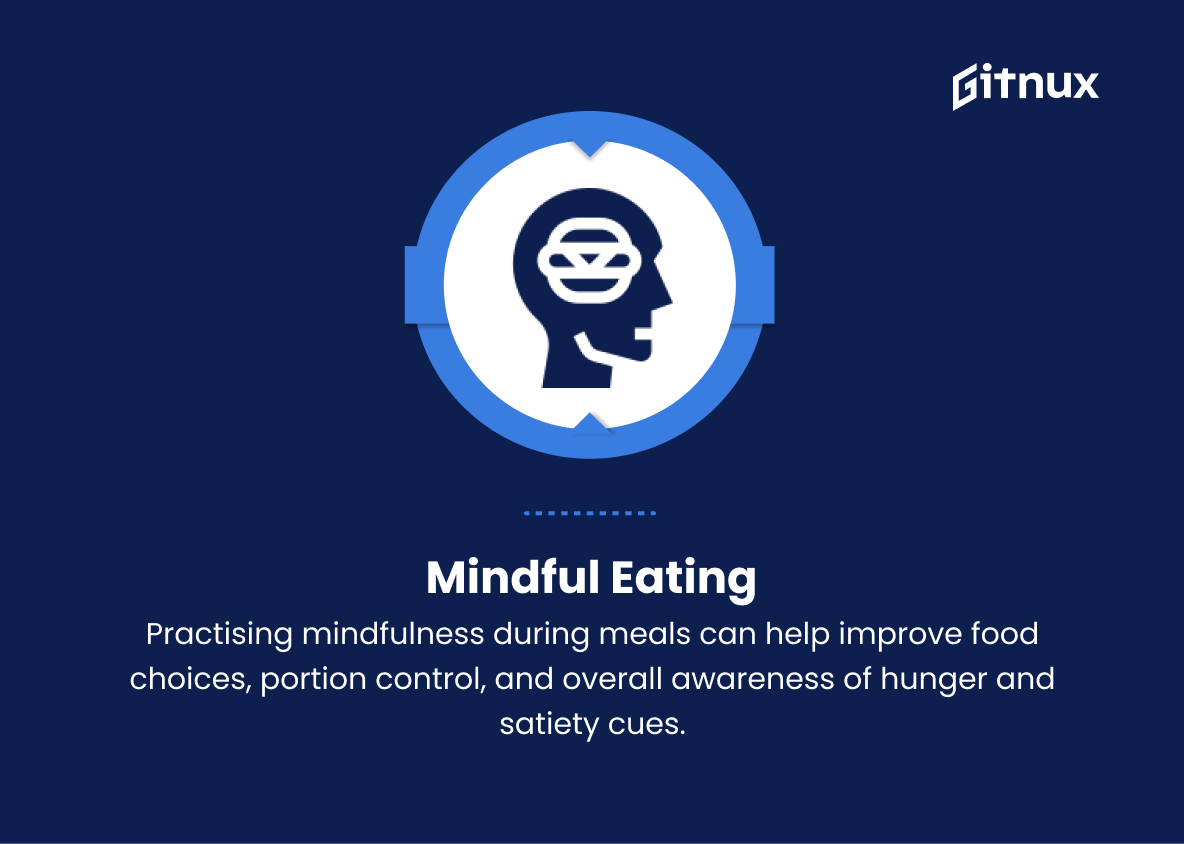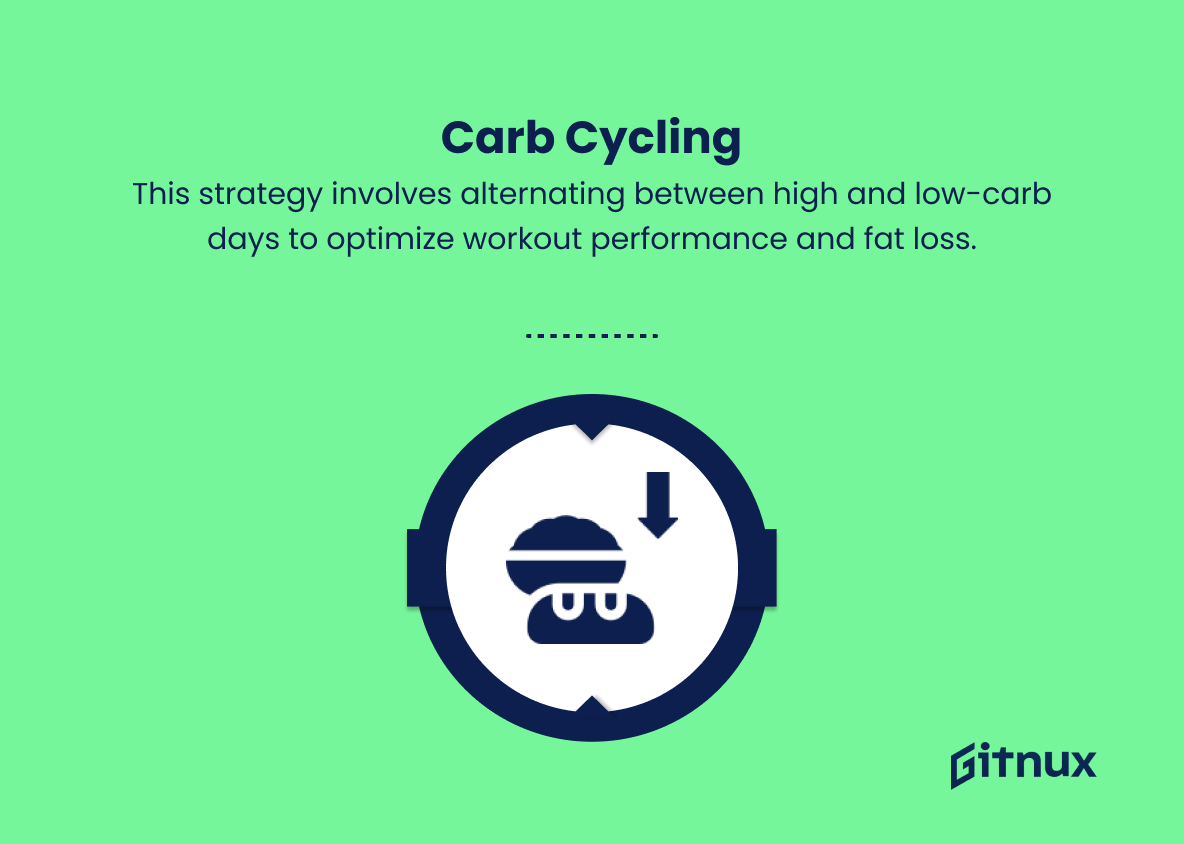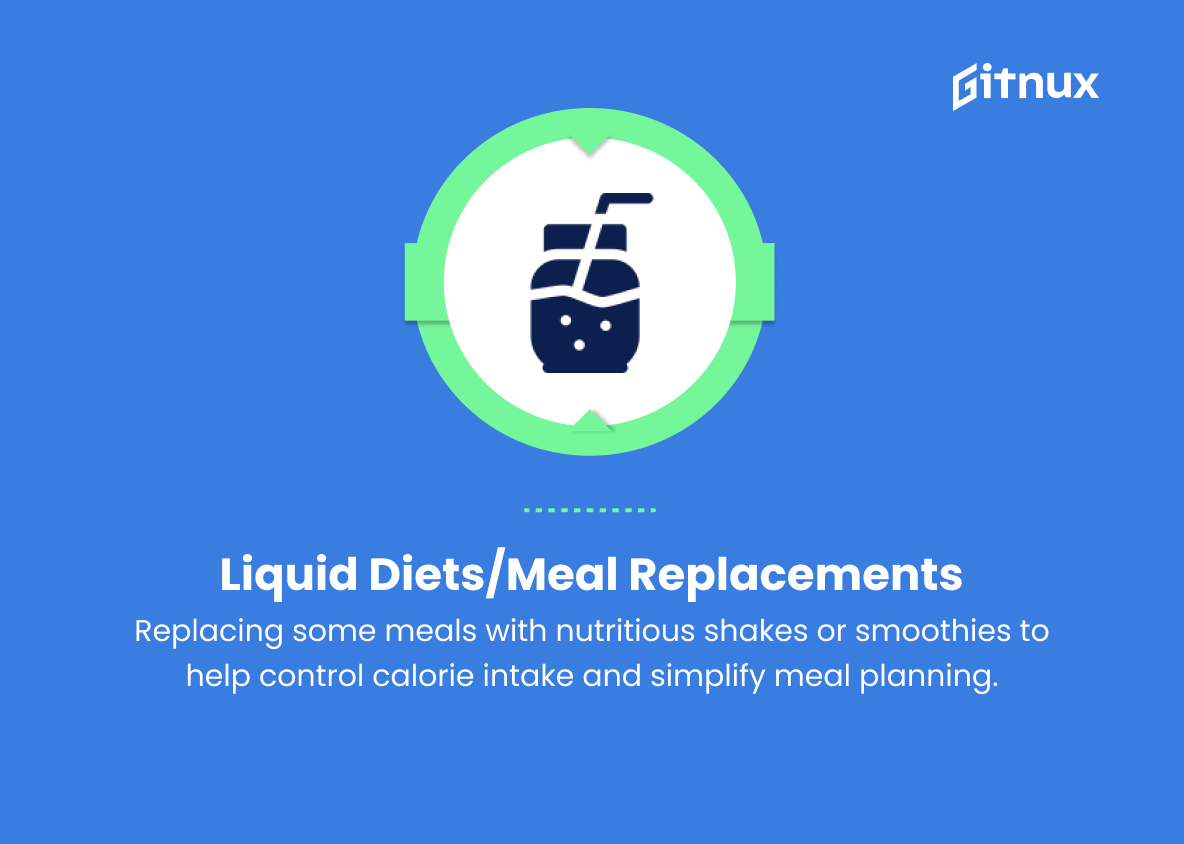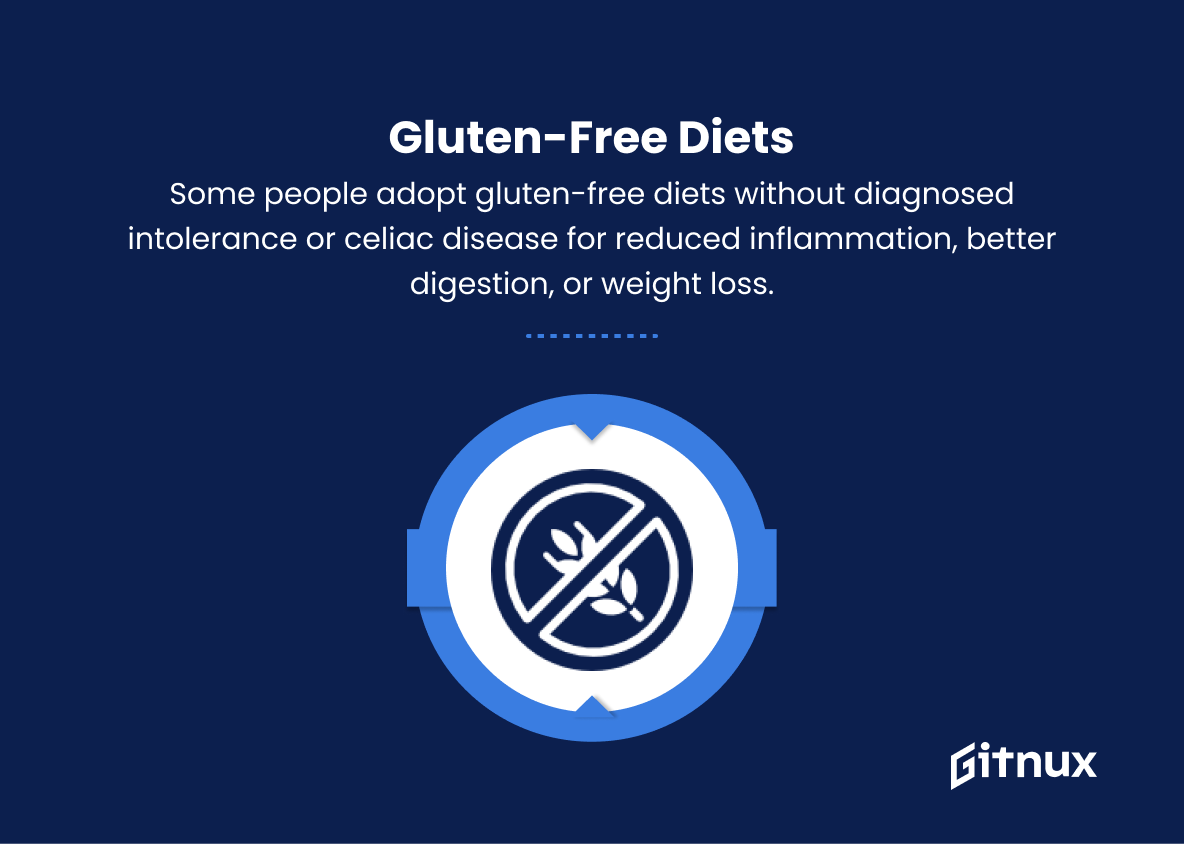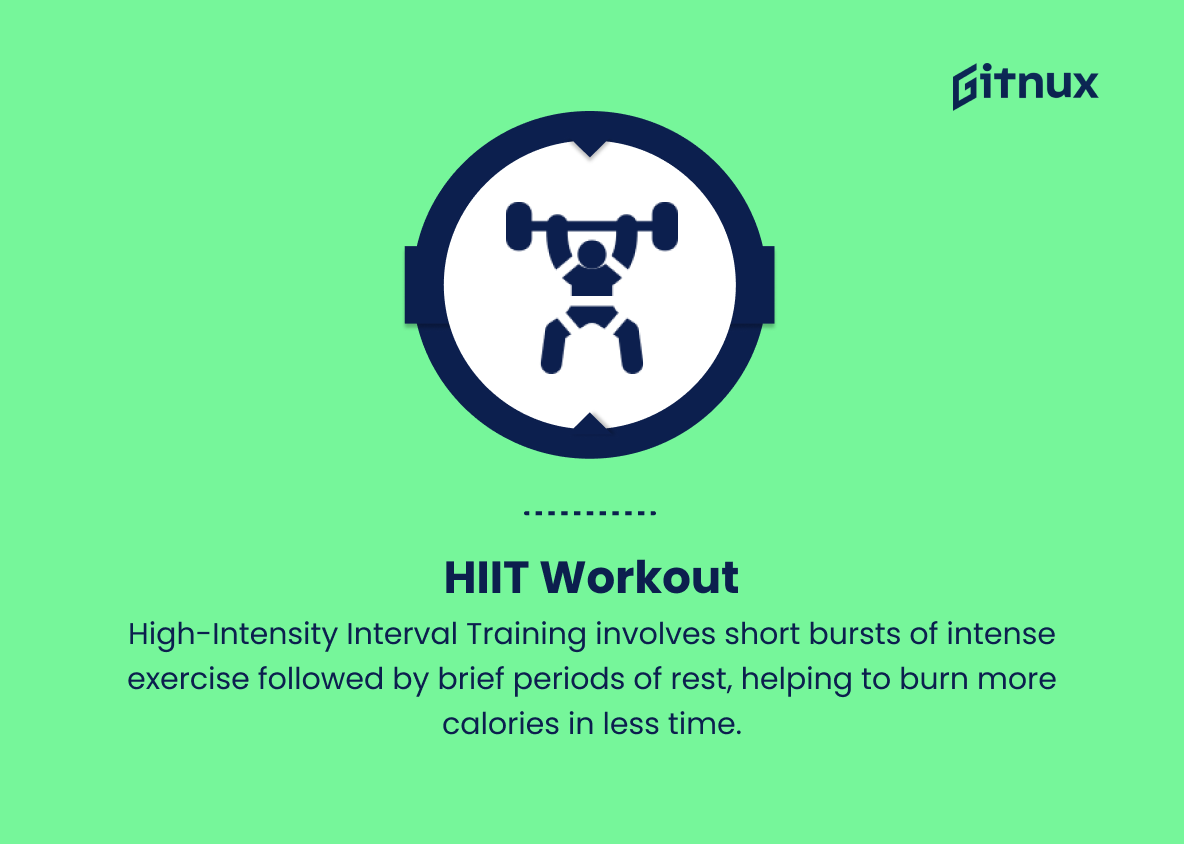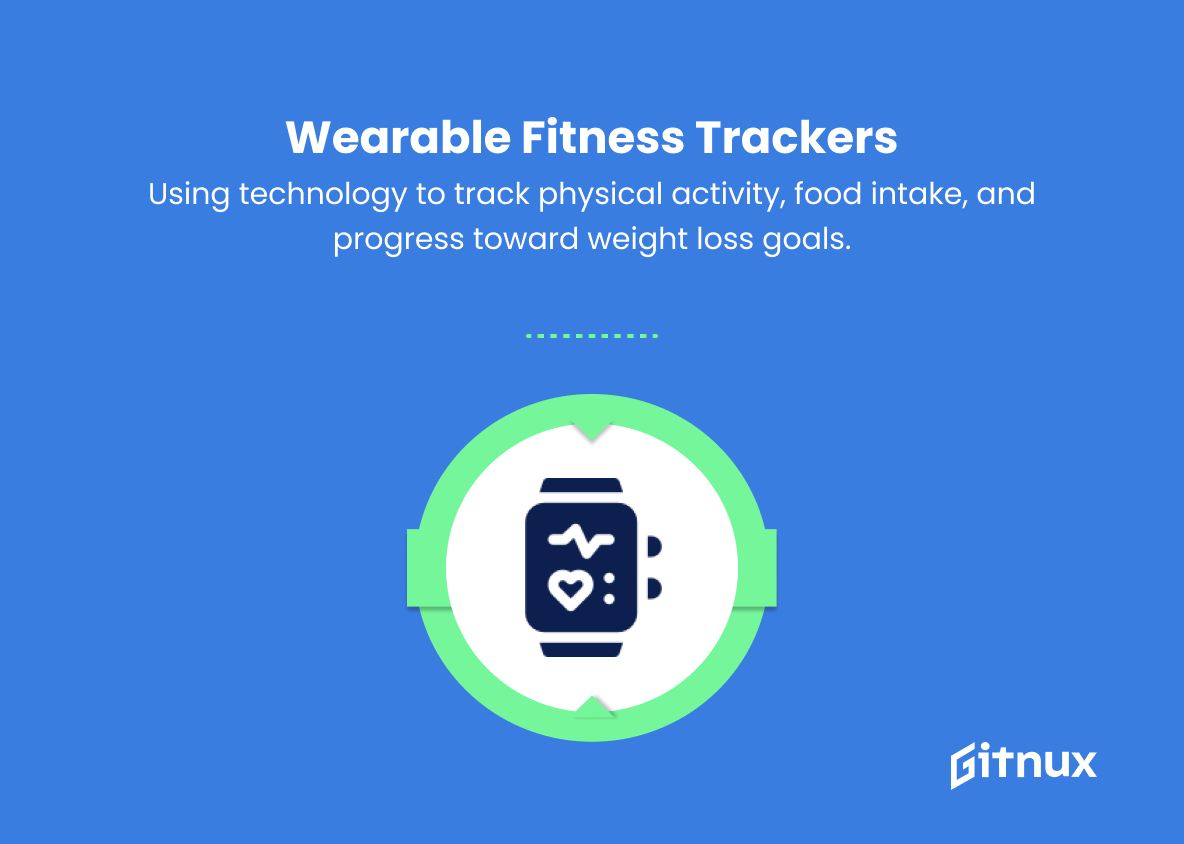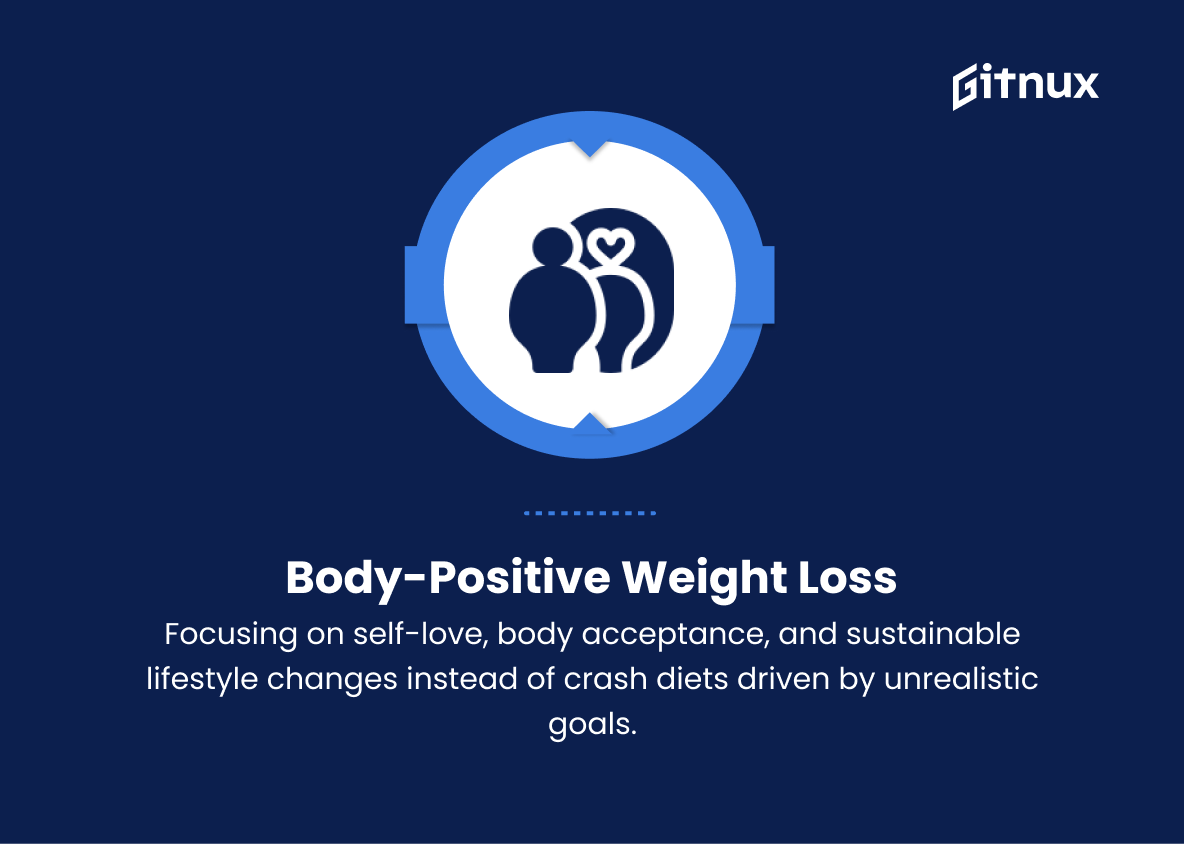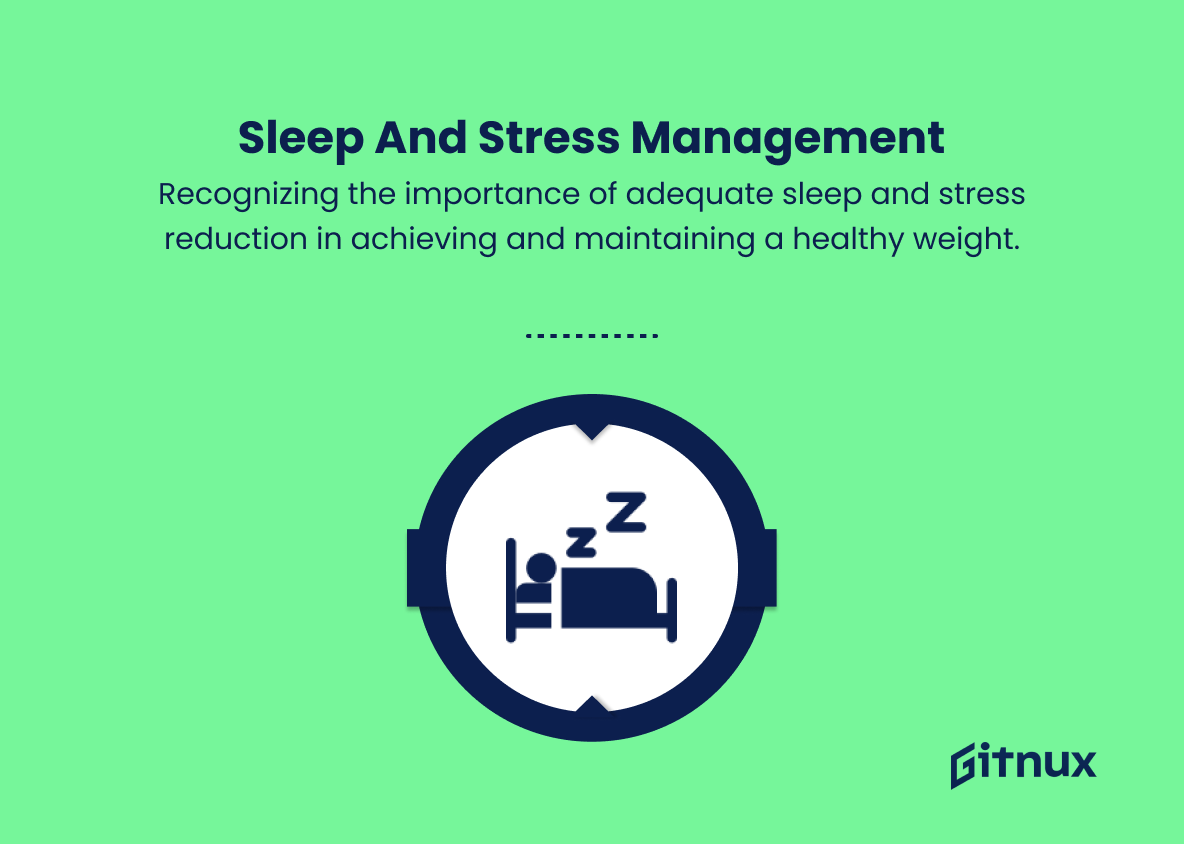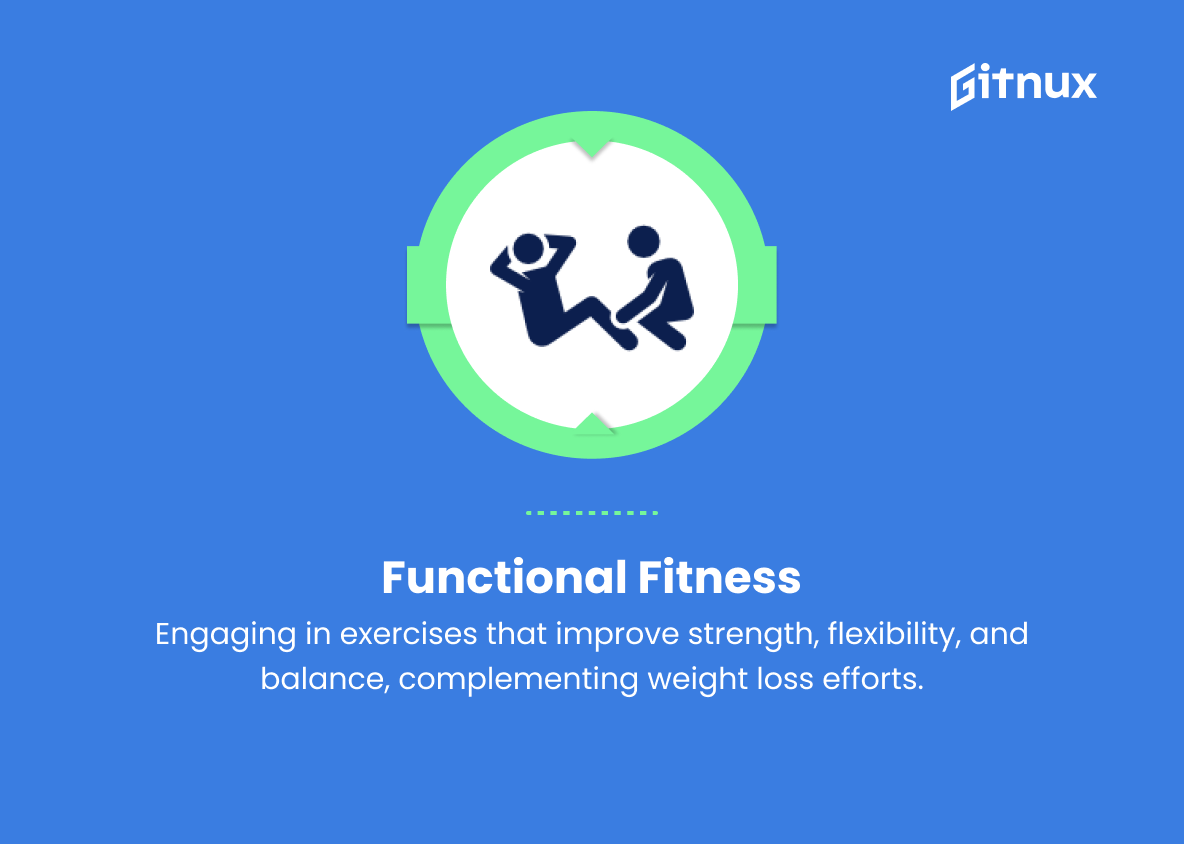In today’s fast-paced world, the quest for quick and effective weight loss solutions is never-ending. As we pursue healthier lifestyles and try to lose weight, we are bombarded with a plethora of new diets, workout plans, and gadgets claiming to revolutionize the way we attain our desired body.
In this thought-provoking blog post, we delve into the latest weight loss trends to help you navigate the complex landscape of health and fitness, and guide you toward the most sustainable and scientifically-backed solutions available.
Top Latest Weight Loss Trends
1. Intermittent Fasting
This popular weight loss trend involves cycling between periods of eating and fasting, with various methods such as the 16/8 method or the 5:2 diet.
2. Ketogenic Diet
A low-carb, high-fat diet that involves reducing carbohydrate intake and replacing it with healthy fats, putting the body in a fat-burning mode called ketosis.
3. Plant-based Diets
An increasing number of people are choosing vegetarian or vegan diets, which emphasizes consuming plant-based foods like fruits, vegetables, whole grains, legumes, and nuts.
4. Whole30
This 30-day elimination diet encourages participants to eat whole, unprocessed foods while eliminating grains, dairy, sugar, legumes, and alcohol.
5. Paleo Diet
This diet focuses on consuming foods that humans presumably ate during the Paleolithic era, such as meat, fish, nuts, seeds, and fruits, while excluding processed foods, dairy products, and grains.
6. Personalized Meal Planning
Using services or apps to create customized meal plans based on individual nutrient needs, food preferences, and health goals.
7. Mindful Eating
Practising mindfulness during meals can help improve food choices, portion control, and overall awareness of hunger and satiety cues.
8. Carb Cycling
This strategy involves alternating between high and low-carb days to optimize workout performance and fat loss.
9. Liquid Diets/Meal Replacements
Replacing some meals with nutritious shakes or smoothies to help control calorie intake and simplify meal planning.
10. Gluten-Free Diets
Some individuals are embracing gluten-free diets (even without a diagnosed gluten intolerance or celiac disease) to reduce inflammation, improve digestion, or lose weight.
11. HIIT Workout
High-Intensity Interval Training involves short bursts of intense exercise followed by brief periods of rest, helping to burn more calories in less time.
12. Wearable Fitness Trackers
Using technology to track physical activity, food intake, and progress toward weight loss goals.
13. Body-positive Weight Loss
Focusing on self-love, body acceptance, and sustainable lifestyle changes instead of crash diets driven by unrealistic goals.
14. Sleep and Stress Management
Recognizing the importance of adequate sleep and stress reduction in achieving and maintaining a healthy weight.
15. Functional Fitness
Engaging in exercises that improve strength, flexibility, and balance, complementing weight loss efforts.
Please note that these trends may not be appropriate for everyone and should only be followed based on individual health goals and under the guidance of a healthcare professional or registered dietitian.
Implications
The latest weight loss trends reflect a growing emphasis on personalization, sustainability, and holistic approaches to health. Intermittent fasting, ketogenic diets, and carb cycling all explore various ways to optimize the body’s metabolism for fat loss, while plant-based diets, Whole30, and paleo diets focus on consuming natural, unprocessed foods.
Personalized meal planning, mindful eating, and body-positive approaches highlight the importance of tailoring weight loss efforts to individual needs and promoting long-term commitment to healthy habits. Utilizing technology through wearable fitness trackers and integrating HIIT workouts and functional fitness encourage individuals to stay active and monitor their progress.
Moreover, sleep and stress management emphasize the critical impact of mental and emotional well-being on weight loss efforts. As more people look for personalized, sustainable, and holistic approaches to weight management, it’s crucial to remember that these trends aren’t suitable for everyone. Such trends should be considered carefully, depending on individual health goals, and with the help of a healthcare professional or registered dietitian.
Conclusion
In summary, the latest weight loss trends offer a plethora of strategies and options for individuals seeking to shed extra pounds and maintain a healthier lifestyle. However, it is essential to approach each trend with a critical mind and consult professional advice to decipher the best weight loss plan for your personal context.
Prioritize realistic and sustainable habits that contribute to long-lasting results, and remember that adopting a holistic approach – focusing on nutrition, physical activity, and mental well-being – will yield the greatest benefits in your weight loss journey.
